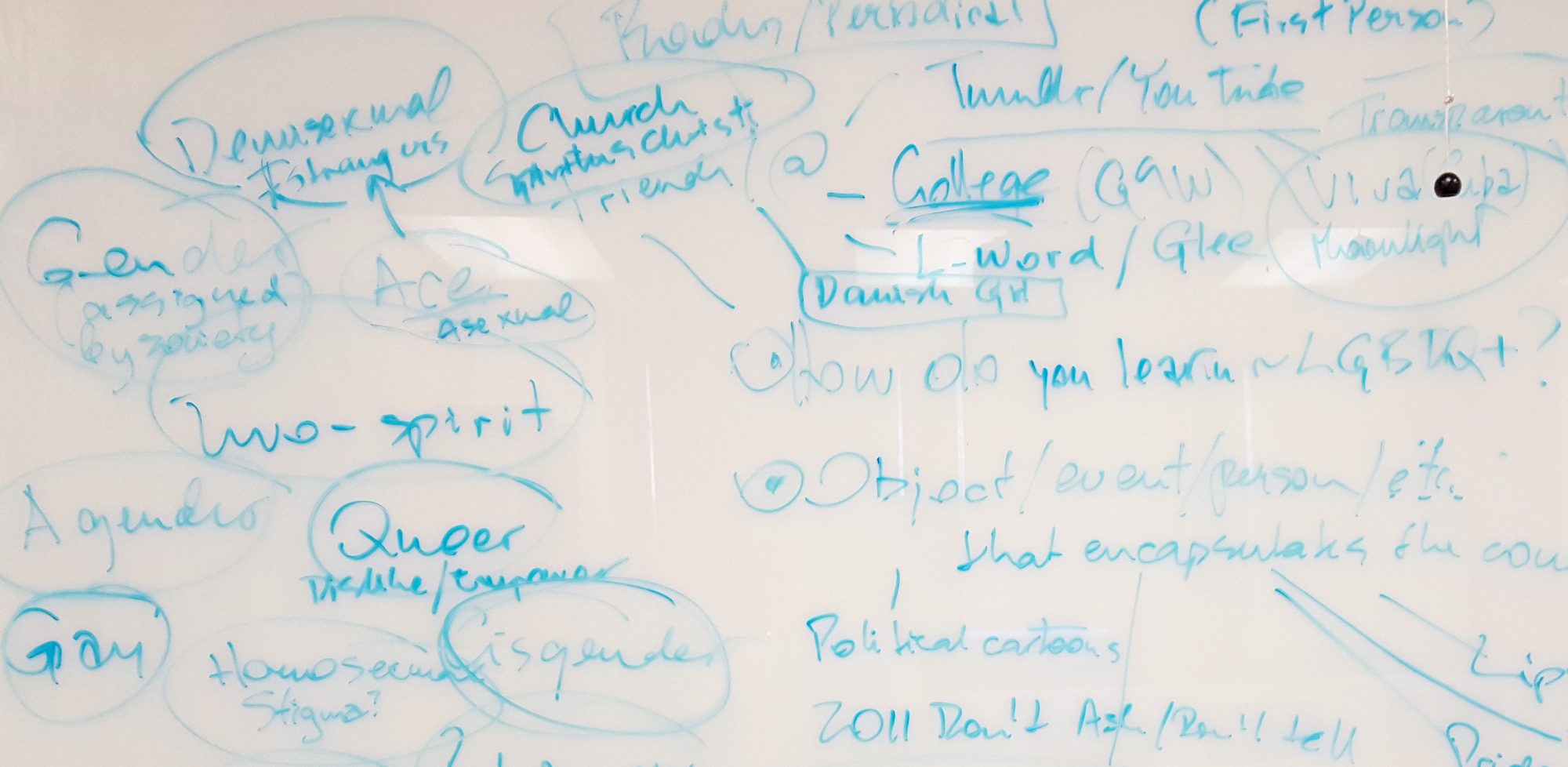The objects that were present at my table were a collection of articles that contained information about lesbians during the history of Rochester. One of the articles that I read was written in the campus times for the University of Rochester. The piece was deeply personal as the author reflected on her experience as a lesbian at the University of Rochester at the time when the Gay Liberation Front was founded. She spoke about how she knew of some other lesbians because of word of mouth and that she had been hoping to find more at the GLF meetings but was unsuccessful because the majority of people at the meetings were always men. One of her biggest points, however, was that the reason that she had been unable to meet other lesbians was because they were all afraid to come out for some reason or another. This fear stemmed from the fact that they might not be accepted for who they were and was perpetrated, in some ways, by the lack of a group to represent them specifically.
The first part of the article that I read talked about how women didn’t show up to GLF meetings, possibly because they did not feel included in the meetings. One of the explanations for this exclusion could simply be in the naming of the group. By using the term “gay” as opposed to some all-encompassing term (LGBTQ+, queer, etc) the Gay Liberation Front could have made anyone who did not identify as “gay” feel as though they were not welcomed. This is an example of one of the simplest forms of exclusion that I have found throughout my life: using the term “gay” as an encompassing term for the LGBTQ+ community. In my personal experience, my high school had a Gay Straight Alliance my freshman through junior years. Although it never prevented me from going to meetings, the fact that I was not represented in the name of a group that I felt as though I belonged in could have made me feel as though I was not supposed to be a part of that group. My senior year, the Gay Straight Alliance changed its name to the Gender and Sexuality Alliance. Because of this change, myself and other people who did not identify as gay could feel as though they were really represented by the group.
